Valery Gerasimov
description: Russian General of the Army, the current Chief of the General Staff of the Armed Forces of the Russian Federation, and first Deputy Defence Minister
13 results
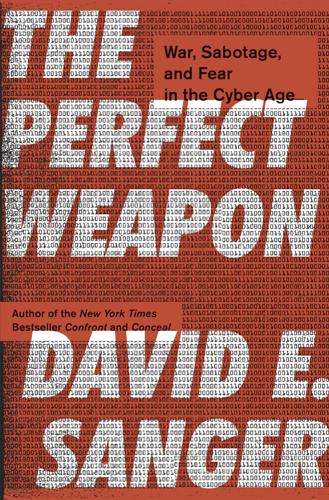
The Perfect Weapon: War, Sabotage, and Fear in the Cyber Age
by David E. Sanger · 18 Jun 2018 · 394pp · 117,982 words
art form, though it is not the only practitioner. Moscow has shown the world how hybrid war works. The strategy is hardly a state secret: Valery Gerasimov, a Russian general, described the strategy in public, and then helped implement it in Ukraine, the country that has become a test-bed for techniques
…
toward blurring the lines between the states of war and peace. Wars are no longer declared and, having begun, proceed according to an unfamiliar template. —Valery Gerasimov, chief of the general staff of the Russian Federation Armed Forces, on Russia’s hybrid warfare strategy, 2013 In the last days of June 2017
…
. Putin showed the world how effective this strategy, what the Pentagon terms “hybrid warfare,” can be. The strategy was hardly a state secret. In fact, Valery Gerasimov, the chief of the general staff of the Russian Federation armed forces, described it in a much-quoted 2014 article in a Russian defense journal
…
spoke at the Aspen Institute in Washington, DC, on November 15, 2017: www.aspeninstitute.org/events/cyber-breakfast-view-from-the-white-house/. hybrid war: Valery Gerasimov, “The Value of Science Is in the Foresight,” Military-Industrial Courier, February 2013. “little price to pay”: Andrew Desiderio, “NSA Boss Suggests Trump Lets Putin

Likewar: The Weaponization of Social Media
by Peter Warren Singer and Emerson T. Brooking · 15 Mar 2018
by the West, the Russian government resolved to fight back. The aim of Russia’s new strategy, and its military essence, was best articulated by Valery Gerasimov, the country’s top-ranking general at the time. He channeled Clausewitz, declaring in a speech reprinted in the Russian military’s newspaper that “the
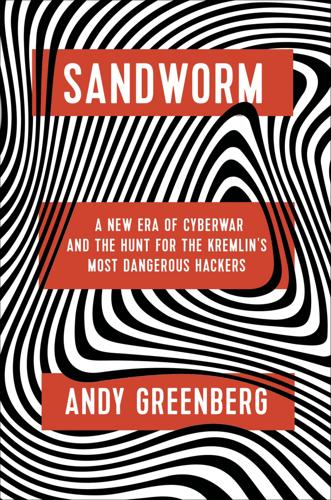
Sandworm: A New Era of Cyberwar and the Hunt for the Kremlin's Most Dangerous Hackers
by Andy Greenberg · 5 Nov 2019 · 363pp · 105,039 words
: “The Value of Science in Prediction.” It was based on a speech given by the chief of the General Staff of the Russian military, General Valery Gerasimov. The article was little noticed in the West, but Mark Galeotti published a translation in his blog a year later. “In the 21st century we
…
“Third Suspect in Skripal Poisoning Identified as Denis Sergeev, High Ranking GRU Officer,” Bellingcat, Feb. 24, 2019, bellingcat.com. It was based on a speech: Valery Gerasimov, “The Value of Science Is in the Foresight: New Challenges Demand Rethinking the Forms and Methods of Carrying Out Combat Operations,” Military-Industrial Courier, Feb
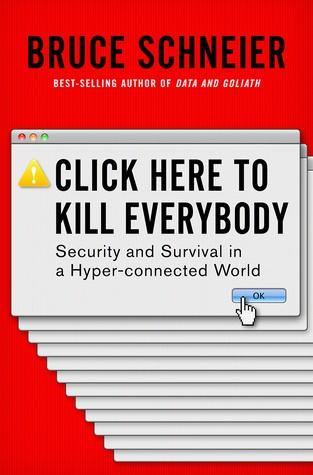
Click Here to Kill Everybody: Security and Survival in a Hyper-Connected World
by Bruce Schneier · 3 Sep 2018 · 448pp · 117,325 words
war,” In Moscow’s Shadows, https://inmoscowsshadows.wordpress.com/2014/07/06/the-gerasimov-doctrine-and-russian-non-linear-war. Henry Foy (15 Sep 2017), “Valery Gerasimov, the general with a doctrine for Russia,” Financial Times, https://www.ft.com/content/7e14a438-989b-11e7-a652-cde3f882dd7b. 71There are cyberattacks that will be
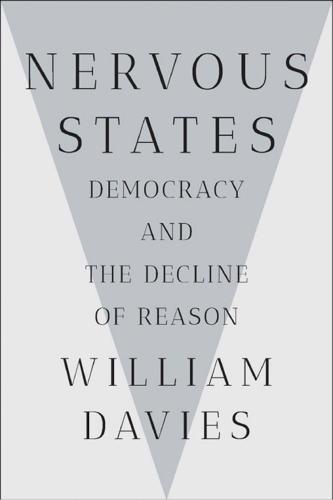
Nervous States: Democracy and the Decline of Reason
by William Davies · 26 Feb 2019 · 349pp · 98,868 words
TWO The Rise of Feeling 5 KNOWLEDGE FOR WAR Secrecy, sentiment, and real-time intelligence In an influential article published in 2013, the Russian general Valery Gerasimov argued that “in the twenty-first century we have seen a tendency toward blurring the lines between the states of war and peace. Wars are
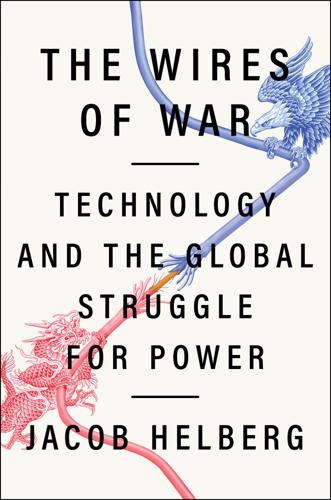
The Wires of War: Technology and the Global Struggle for Power
by Jacob Helberg · 11 Oct 2021 · 521pp · 118,183 words
, an article appeared in a Russian military publication called the Military-Industrial Courier. Under the bland headline “The Value of Science in Prediction,” Russian general Valery Gerasimov argued that nonmilitary means could be used to destabilize seemingly stable societies.132 Indeed, he asserted that the United States had been doing exactly that
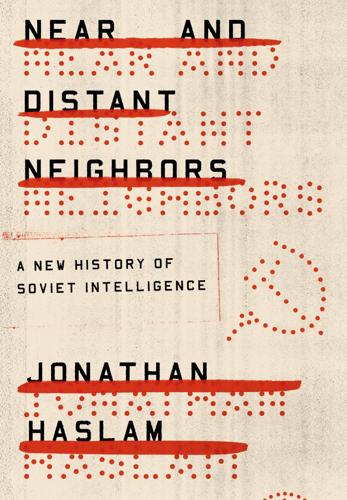
Near and Distant Neighbors: A New History of Soviet Intelligence
by Jonathan Haslam · 21 Sep 2015 · 525pp · 131,496 words
bleeding but insufficient, thus far, to warrant massive retaliation.8 These forms of covert operations were heralded by the new chief of the General Staff, Valery Gerasimov, in January 2013. The business-speak within the army today is “outsourcing,” which has been coined as a new Russian word. Now it has acquired
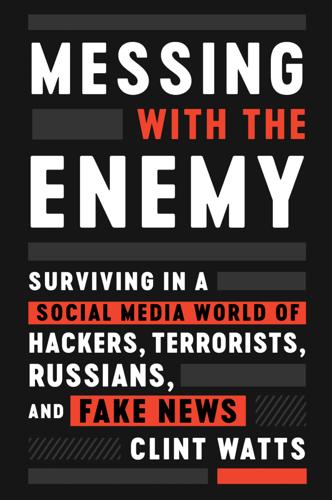
Messing With the Enemy: Surviving in a Social Media World of Hackers, Terrorists, Russians, and Fake News
by Clint Watts · 28 May 2018 · 324pp · 96,491 words
the advent of the internet. * * * Almost a year before Russia invaded Crimea in 2014, the chief of the general staff of the Russian Federation, General Valery Gerasimov, authored an article laying out his vision of future warfare based on his interpretation of recent Arab Spring protests across North Africa and the Middle
…
. 4. Robert Coalson, “Top Russian General Lays Bare Putin’s Plan for Ukraine,” The Huffington Post (November 2, 2014). https://www.huffingtonpost.com/robert-coalson/valery-gerasimov-putin-ukraine_b_574 8480.html. 5. “Russia to create ‘cyber-troops’–Ministry of Defense,” RT (August 20, 2013). https://www.rt.com/news/russia
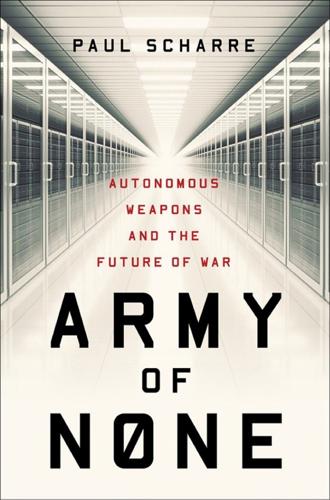
Army of None: Autonomous Weapons and the Future of War
by Paul Scharre · 23 Apr 2018 · 590pp · 152,595 words
have stated they intend to move toward fully robotic weapons. In a 2013 article on the future of warfare, Russian military chief of staff General Valery Gerasimov wrote: Another factor influencing the essence of modern means of armed conflict is the use of modern automated complexes of military equipment and research in
…
. . . military operations”: Robert Coalson, “Top Russian General Lays Bare Putin’s Plan for Ukraine,” Huffington Post, September 2, 2014, http://www.huffingtonpost.com/robert-coalson/valery-gerasimov-putin-ukraine_b_5748480.html. 6 Department of Defense officials state: Deputy Assistant Secretary of Defense for Research Melissa Flagg, as quoted in Stew Magnuson
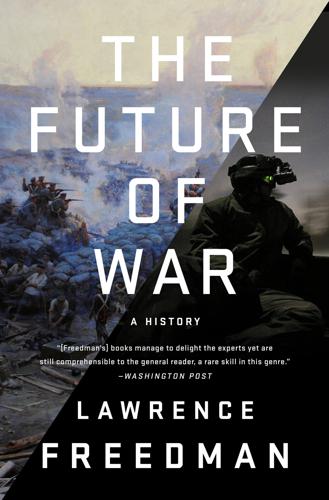
The Future of War
by Lawrence Freedman · 9 Oct 2017 · 592pp · 161,798 words
Interest in the approach was revived as it was apparently followed by Russia in its campaign against Ukraine that began in 2014. In early 2013 Valery Gerasimov, chief of Russia’s general staff, had described how this might work. He noted how in Middle East conflicts there had been a progressive erosion

How Everything Became War and the Military Became Everything: Tales From the Pentagon
by Rosa Brooks · 8 Aug 2016 · 548pp · 147,919 words
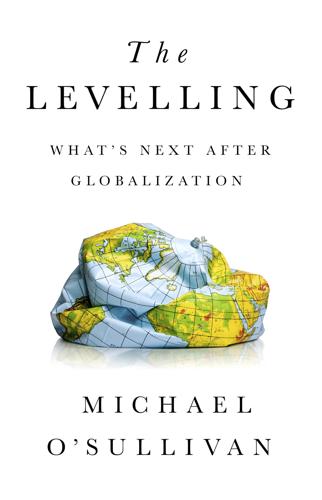
The Levelling: What’s Next After Globalization
by Michael O’sullivan · 28 May 2019 · 756pp · 120,818 words

Mindf*ck: Cambridge Analytica and the Plot to Break America
by Christopher Wylie · 8 Oct 2019